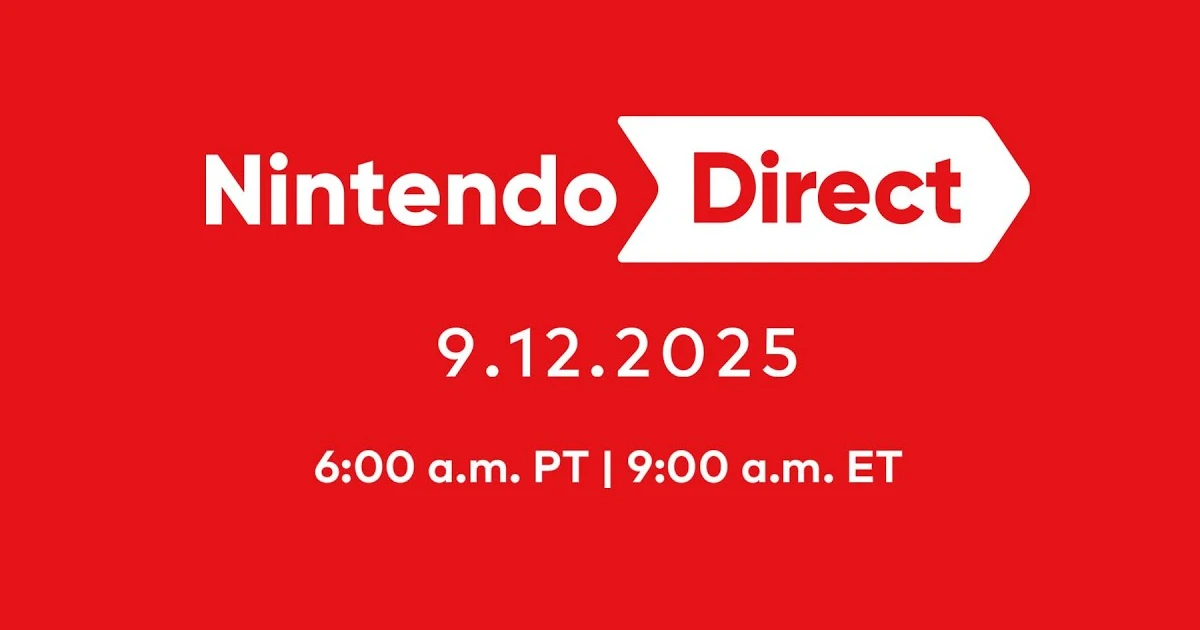Let’s face it – we’re all glued to our phones. The constant pings of notifications, the temptation to endlessly scroll through feeds, even sharing our lives online has become a norm. Social media has, indeed, revolutionized human interactions forever. It made reaching out to an old friend or communicating with a new person easier than ever before.
The older generations might manage to steer away from the appeal of social media. But for Gen Z and the future generations, this is an entirely different story. Social media is not just a tool for communication or entertainment. Instead, it has become a fundamental aspect of our identity and socialization, creating a quite toxic attachment to it. So, the thought of disconnecting from social media can be considered by many quite impossible.
However, this constant exposure to social media can also have negative effects on our mental health. After all, studies have shown that while we consider ourselves connected to our peers, there is an increasing trend in reported feelings of loneliness. Depression, anxiety, stress, FOMO, they are all more and more popular, with people experiencing higher levels of procrastination as a result.
Does it ring a bell? Maybe you even felt it yourself. Truth be told, social media is not to be blamed for every case of mental health disorders and uneasiness in our life. But in this case, there is a correlation that can indeed imply causation.
And while excessing use of anything can be proven to be detrimental to some extent, the highly addictive nature of social media concerns us.
Many of us are hooked up in this endless loop of scrolling the feeds, updating our profiles, sharing ideas, and tapping the like button. We might experience FOMO (fear of missing out) when not checking up on the latest updates, and we even look for social validation to the point where it gets to be detrimental to our life and mental well-being.
Spending hours every day on social media channels disconnects us from an important aspect of our lives – living in the present. Even more so, people tend to use it as a way to avoid thinking about their life or just as a constant source of dopamine. And it’s been proven that those little TikToks or Instagram Reels do provide us with a lot of dopamine.
Now, just to give you an idea of how social media can impact our idea of ourselves. Imagine if Instagram had a dislike button or TikTok had a way to publicly display the number of times people pressed “not interested”. The possibility of ruining someone’s perfect “streak of hearts” at a post would be a horror scenario for some people. Some might assume there is something wrong with them.
But wait… this is already happening. No, Instagram and TikTok didn’t introduce this feature. While these platforms are meant to be fun and entertaining, they can also put a lot of pressure on us to create a perfectly curated online image. And unfortunately, since we’re putting our self-value in the hands of the number of likes and reposts our photos and videos have, this led to a constant need for validation from others.
So, when we don’t receive the feedback we want from our friends online, we feel like there is something wrong with us. After all, it’s because of this, combined with our unhealthy and sometimes unconscious obsession with comparing ourselves with others on social media, that many of us are experiencing so much body dysmorphia and other negative conditions lately. So, why shouldn’t we take a break from social media?
Subscribe to our newsletter
We sometimes feel like if we are not on social media, we are disconnected from reality. But we need to remember – social media is not The Reality.
I am not saying that we should all just get rid of social media and deny all its positive aspects. But we might be surprised to see that even a short period off of our accounts can highly impact our overall well-being. In fact, many people reported that even a one-week “detox” from social media usage gave them a lot more peace of mind afterward. They could better focus on the tasks at hand, got the chance to experience more mindfulness, and even felt the need to communicate with friends and family on a more personal level.
This can be an experiment that you can run. Take some time off or reduce your daily activity on social media, and keep track of how you feel. It might be difficult the first few days. You might feel the need to share a sunset photo on your Instagram or find it boring to spend a day by yourself. However, this can lead to an opportunity to live in the moment for a while, pick up a new hobby, and have a clearer image of what your life actually looks like outside the social media environment.
Even more so, some of us will see benefits in sleep patterns, and that could highly benefit our stress levels during the day. This is mostly because of avoiding the urge to check our feeds and spend hours of scrolling before bedtime. Not to mention the reported benefits of mood improvement and, surprisingly, decreased levels of loneliness.
At the end of the day, social media is very good at making us forget what our life feels like when there are no distractions. And while some of us are good at just limiting our screen time to reasonable amounts daily, we need to remember - there are teams of thousands of people that work endlessly to get us hooked in front of the screen, so our efforts might not always be enough. From time to time, it might come in handy to properly feel a day with no distractions.
And while excessing use of anything can be proven to be detrimental to some extent, the highly addictive nature of social media concerns us.
Many of us are hooked up in this endless loop of scrolling the feeds, updating our profiles, sharing ideas, and tapping the like button. We might experience FOMO (fear of missing out) when not checking up on the latest updates, and we even look for social validation to the point where it gets to be detrimental to our life and mental well-being.
Spending hours every day on social media channels disconnects us from an important aspect of our lives – living in the present. Even more so, people tend to use it as a way to avoid thinking about their life or just as a constant source of dopamine. And it’s been proven that those little TikToks or Instagram Reels do provide us with a lot of dopamine.
Now, just to give you an idea of how social media can impact our idea of ourselves. Imagine if Instagram had a dislike button or TikTok had a way to publicly display the number of times people pressed “not interested”. The possibility of ruining someone’s perfect “streak of hearts” at a post would be a horror scenario for some people. Some might assume there is something wrong with them.
But wait… this is already happening. No, Instagram and TikTok didn’t introduce this feature. While these platforms are meant to be fun and entertaining, they can also put a lot of pressure on us to create a perfectly curated online image. And unfortunately, since we’re putting our self-value in the hands of the number of likes and reposts our photos and videos have, this led to a constant need for validation from others.
So, when we don’t receive the feedback we want from our friends online, we feel like there is something wrong with us. After all, it’s because of this, combined with our unhealthy and sometimes unconscious obsession with comparing ourselves with others on social media, that many of us are experiencing so much body dysmorphia and other negative conditions lately. So, why shouldn’t we take a break from social media?
Subscribe to our newsletter
We sometimes feel like if we are not on social media, we are disconnected from reality. But we need to remember – social media is not The Reality.
I am not saying that we should all just get rid of social media and deny all its positive aspects. But we might be surprised to see that even a short period off of our accounts can highly impact our overall well-being. In fact, many people reported that even a one-week “detox” from social media usage gave them a lot more peace of mind afterward. They could better focus on the tasks at hand, got the chance to experience more mindfulness, and even felt the need to communicate with friends and family on a more personal level.
This can be an experiment that you can run. Take some time off or reduce your daily activity on social media, and keep track of how you feel. It might be difficult the first few days. You might feel the need to share a sunset photo on your Instagram or find it boring to spend a day by yourself. However, this can lead to an opportunity to live in the moment for a while, pick up a new hobby, and have a clearer image of what your life actually looks like outside the social media environment.
Even more so, some of us will see benefits in sleep patterns, and that could highly benefit our stress levels during the day. This is mostly because of avoiding the urge to check our feeds and spend hours of scrolling before bedtime. Not to mention the reported benefits of mood improvement and, surprisingly, decreased levels of loneliness.
At the end of the day, social media is very good at making us forget what our life feels like when there are no distractions. And while some of us are good at just limiting our screen time to reasonable amounts daily, we need to remember - there are teams of thousands of people that work endlessly to get us hooked in front of the screen, so our efforts might not always be enough. From time to time, it might come in handy to properly feel a day with no distractions.















